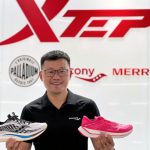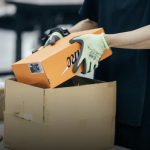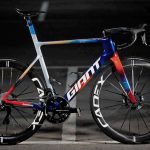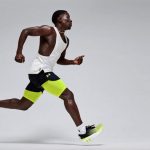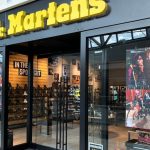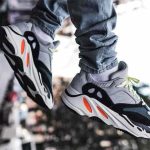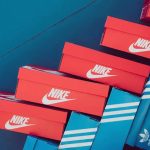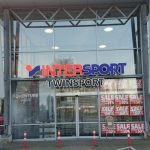The theme of vendor consolidation, which was so pervasive in the first quarter last year, took a back seat to simple fundamentals this year. While there were a few “tuck-in” acquisitions that had some effect on the softgoods sector, the only major deal that impacted top-line numbers was the Quiksilver – Rossignol acquisition. In spite of rumors of a bounce-back in military business, the contracts failed to keep pace with historic levels, impacting the hardgoods and softgoods sectors.
The B.O.S.S. Report presents an overview of first quarter industry results in the chart on page six. Results are posted for those companies that have reported for the period ended closest to the end of March. Because the report is not a clear picture of the entire industry, BOSS feels the total numbers are less significant than the trending information provided in the percentage increases and decreases.
Total sales for Vendor companies tracked in this quarters report increased 12.8% while net income fell 22.4% due to sharp declines in profitability from both softgoods and hardgoods. While Deckers was the strongest performer in Q1 of last year, the companys Ugg-driven growth slowed dramatically. Simple footwear was able to partially offset these declines, but the business is too small for a large impact.
In softgoods, Crocs astronomical growth contributed nearly two full percentage points to the overall vendor top-line growth rate. On the bottom line, the company contributed nearly three full percentage points to partially offset the overall decline. Phoenix Footwear reported solid top and bottom line performances as well, thanks to double-digit increases in their Royal Robbins business and some acquisition-based growth. VF Corp.s outdoor coalition continues to improve with TNF growing into one of the first global outdoor lifestyle brands.
Timberland and Volcom also contributed to the Vendors overall shrinking profits with double-digit earnings declines for both businesses. Timberland is in the process of re-structuring its distribution model, while Volcom is investing heavily into European expansion.
In hardgoods, several companies who posted positive net income results last year slipped into the red this year. This was partially offset by narrower losses at many of the wintersports companies. HEAD N.V. management has been working on a comprehensive restructuring of its operations for several quarters, and some of these initiatives are trickling down to the bottom line. In addition, Salomon seems to be showing the first signs of a turn-around under its new owners at Amer Sports and K2 has been taking advantage of the slow-down in the deal market and improving operations to increase margins and earnings.
Quiksilvers Rossignol deal boosted sales, but hurt Vendors overall bottom line performance, as seasonal losses in the wintersports business caused an 89% decline in profits. The company expects this negative leverage to reverse itself in the back half of the year. Thule and Easton-Bell led the hardgoods market in terms of top-line growth, but much of this came from acquisitions. On an organic basis, Salomon and Orange 21 reported the best results. K2 and Thule were the top performers in earnings growth, with both companies out-pacing sales increases. While Orange 21 and Oakley both reported top-line growth, the sun apparently did not shine on the bottom line for either company.
This quick review is but a summary of results for the quarter. All detailed company financial information can be found in The B.O.S.S. Report over the last 60 days and the detailed peer group analysis will be available in the Sports Executive Research report due later this month.


